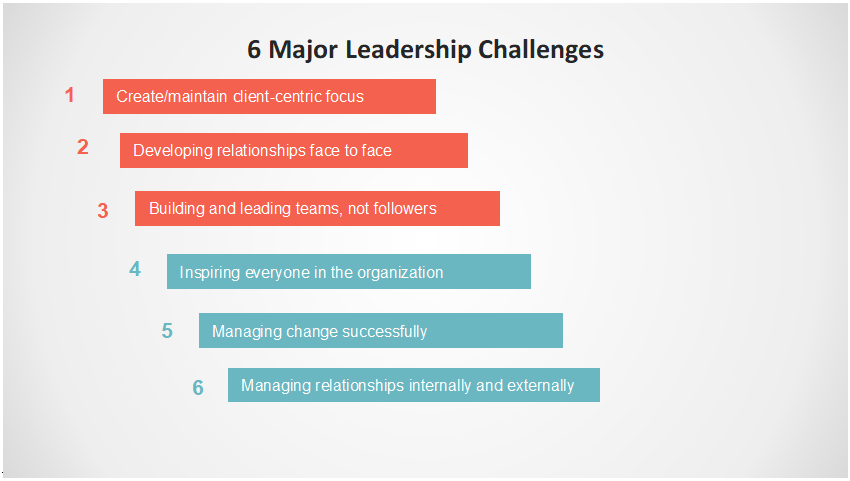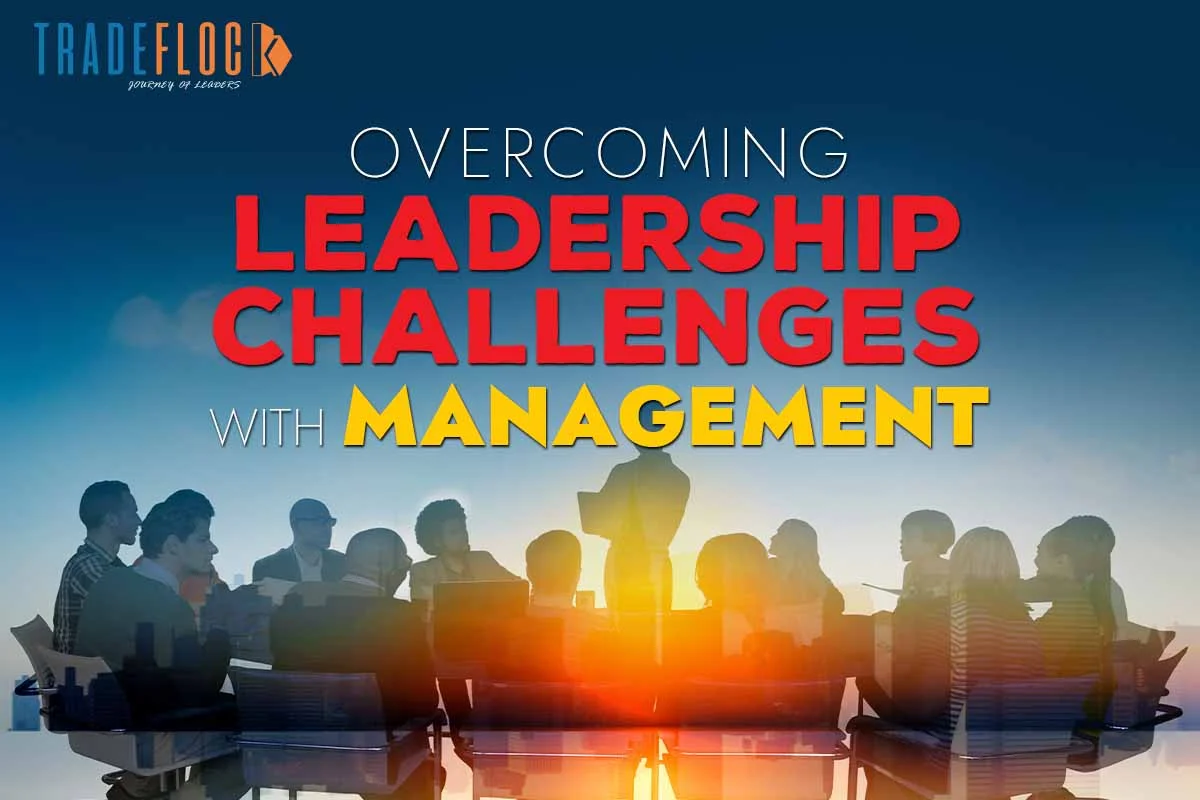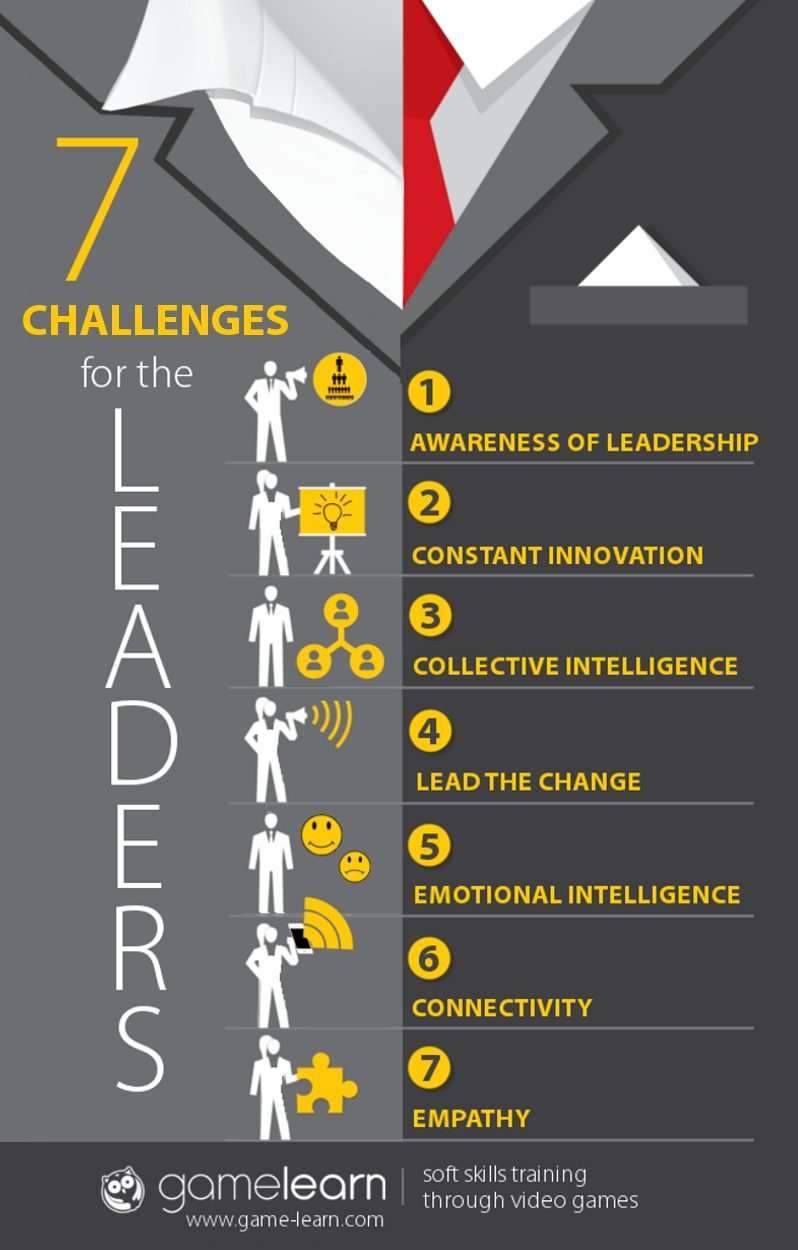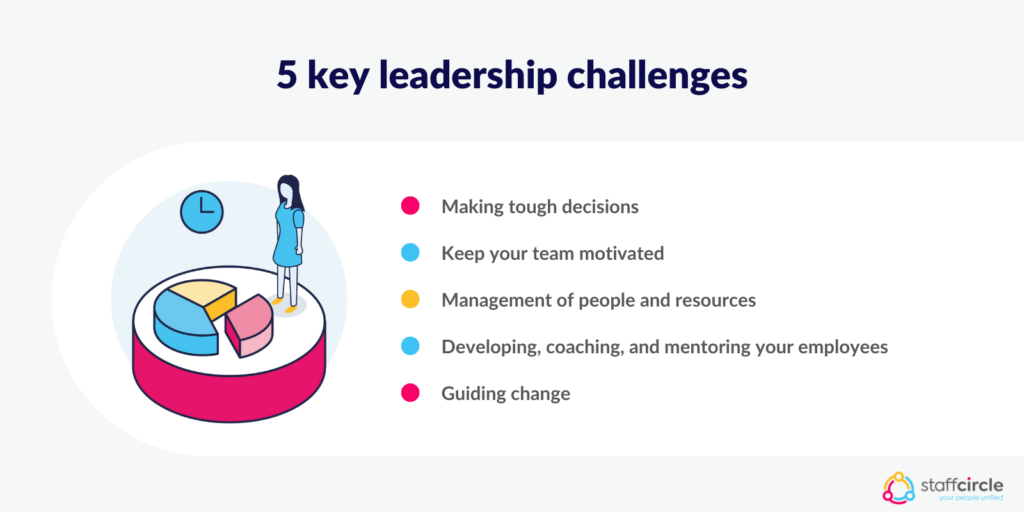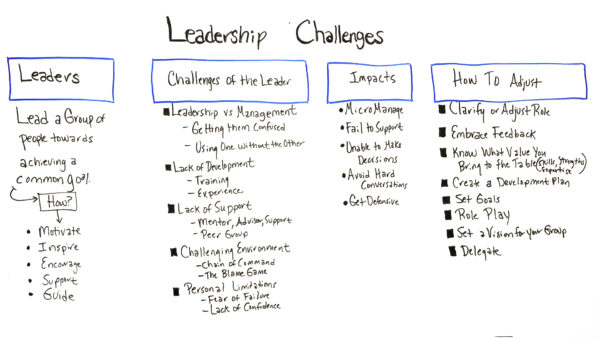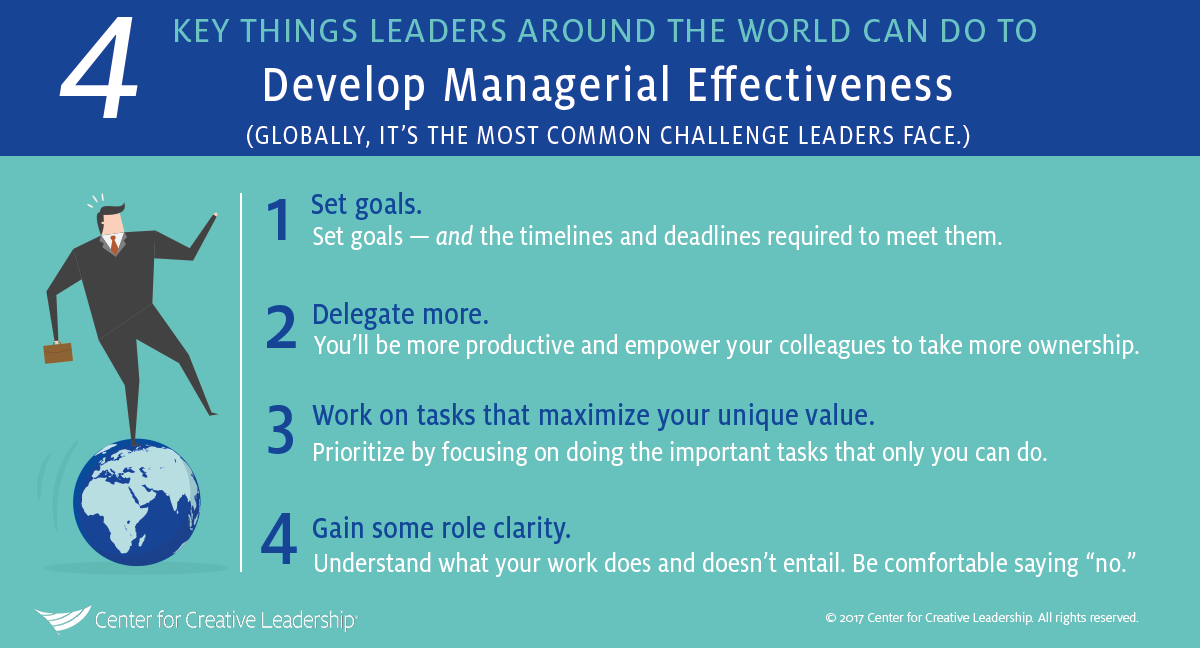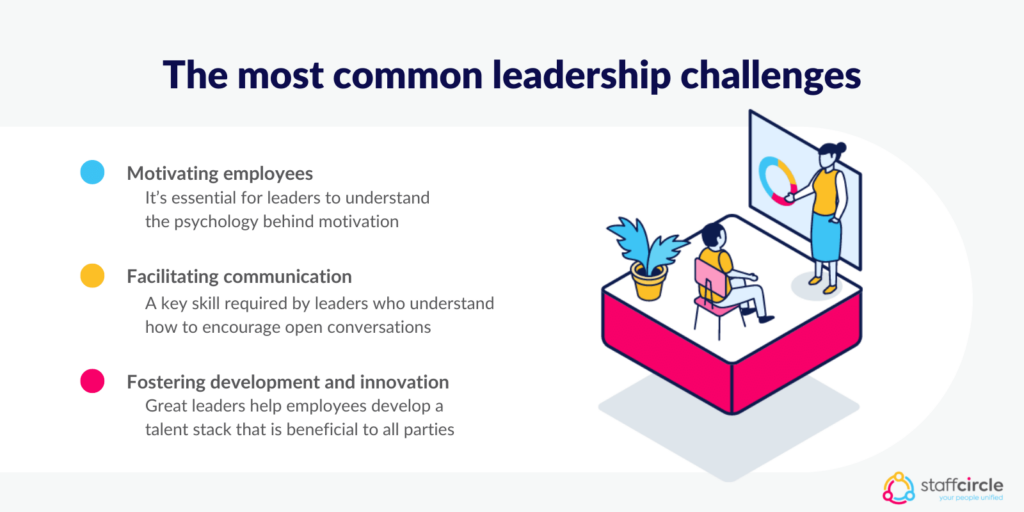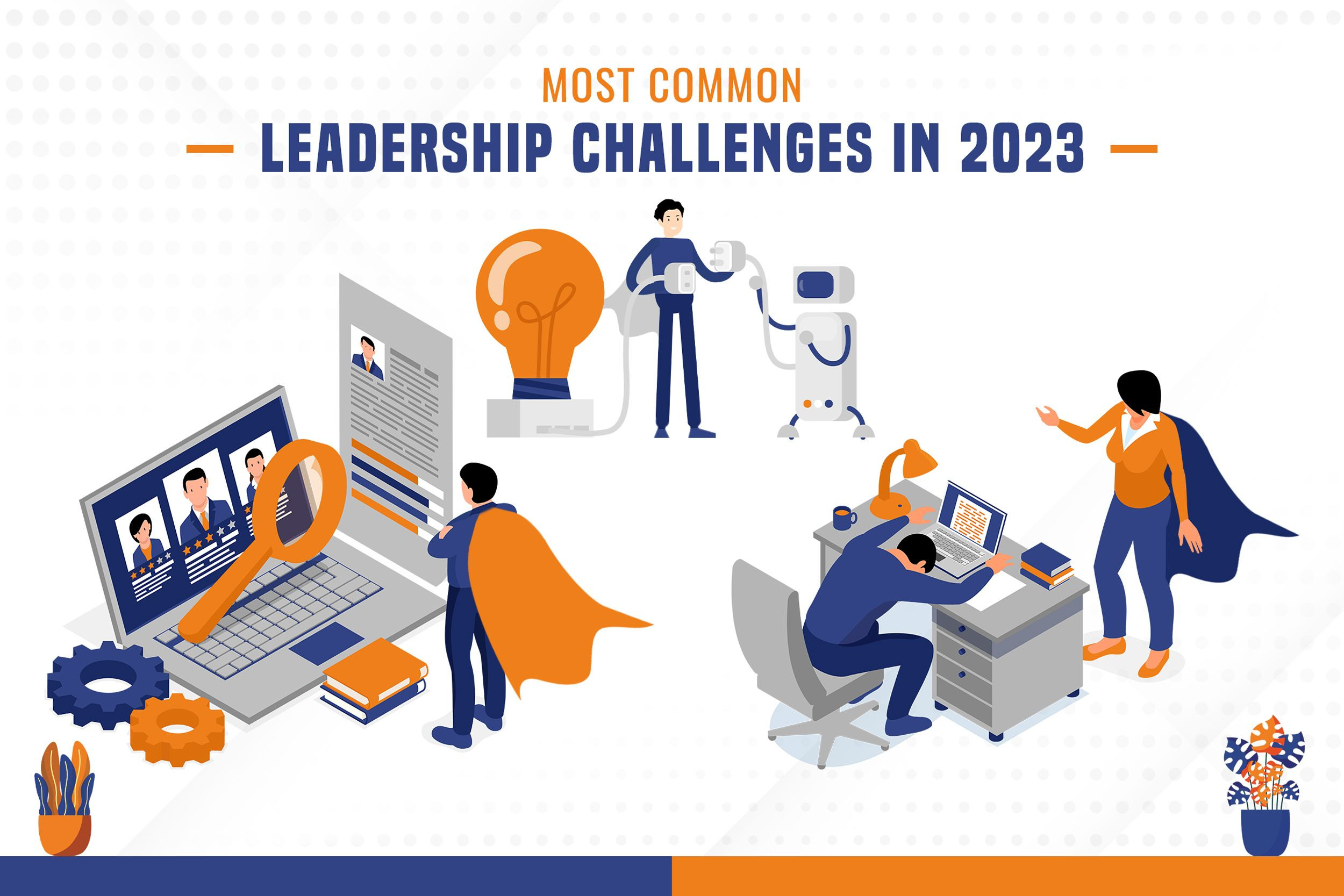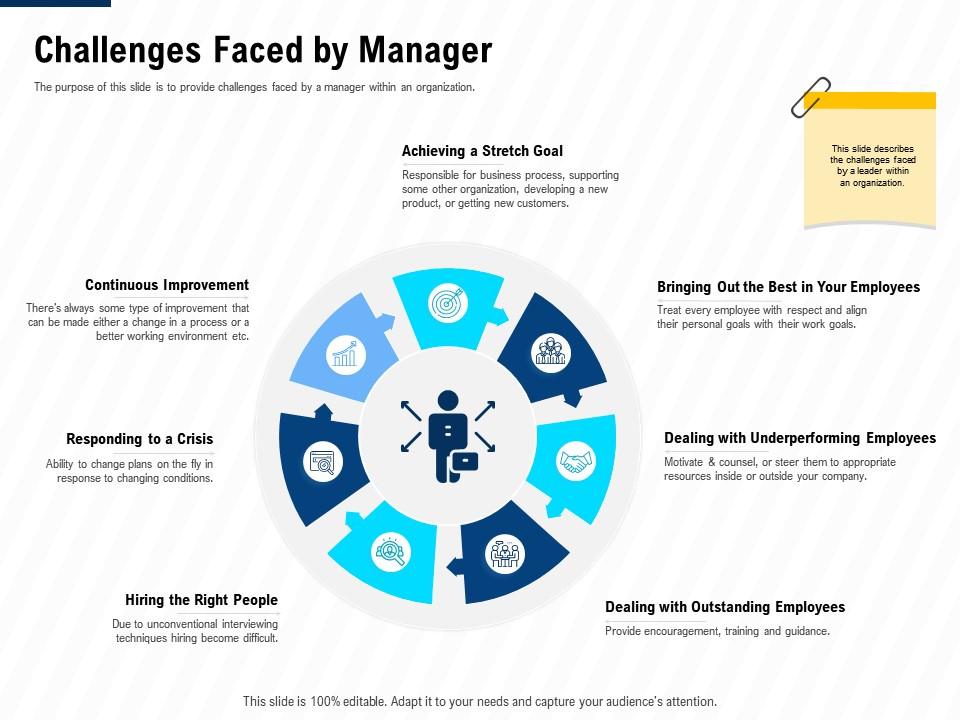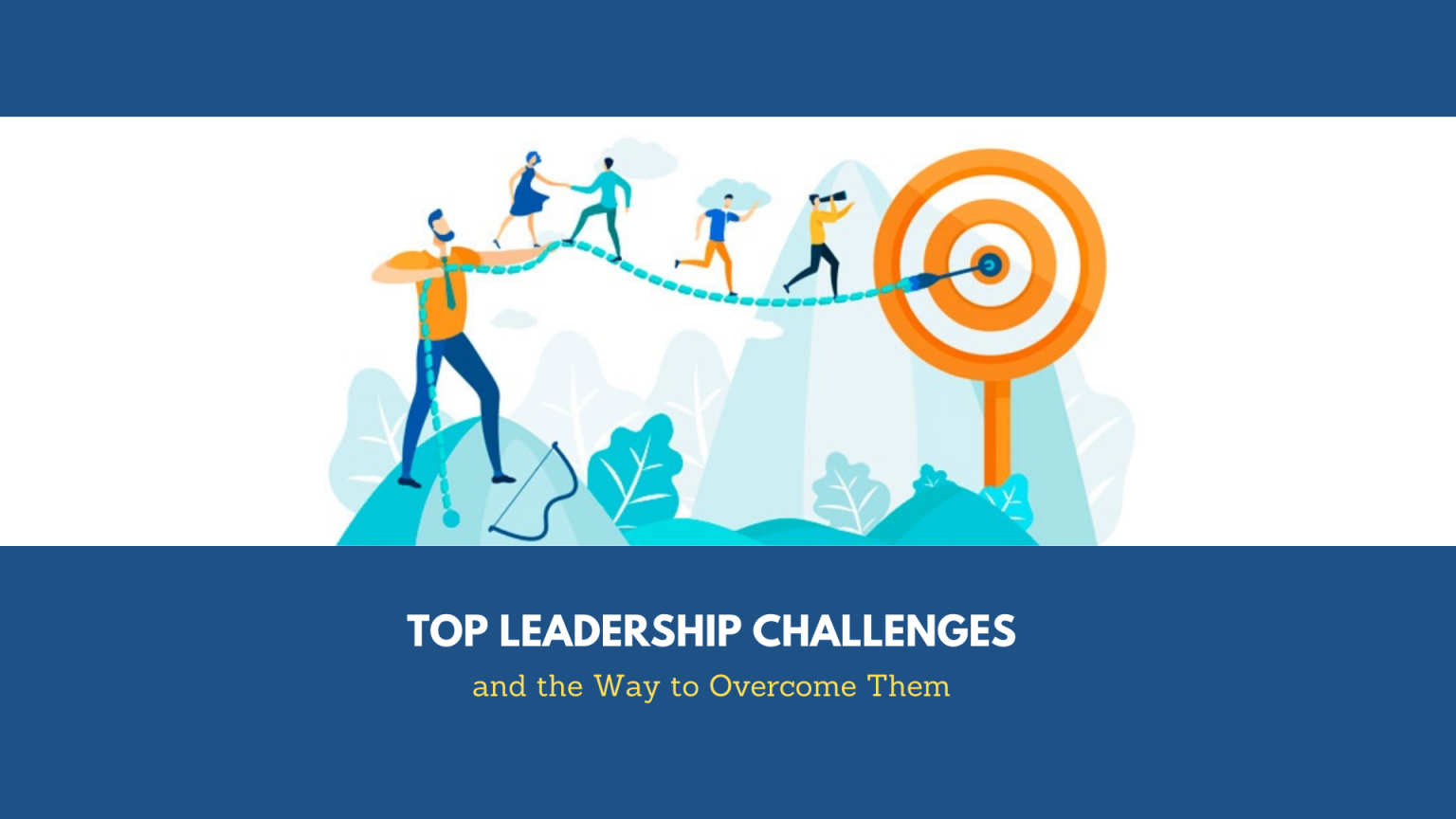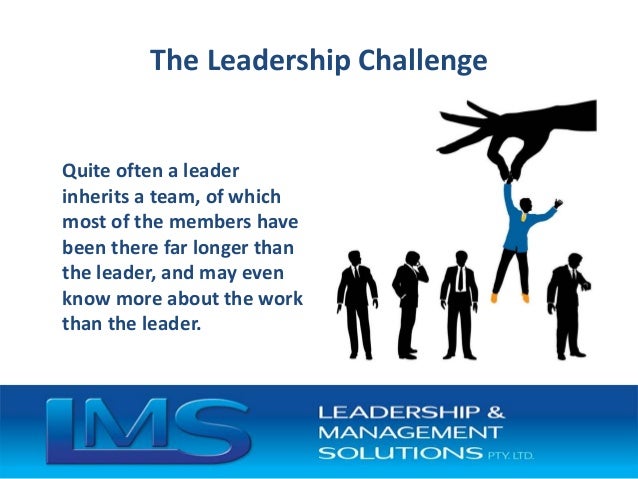Leadership And Management Challenges
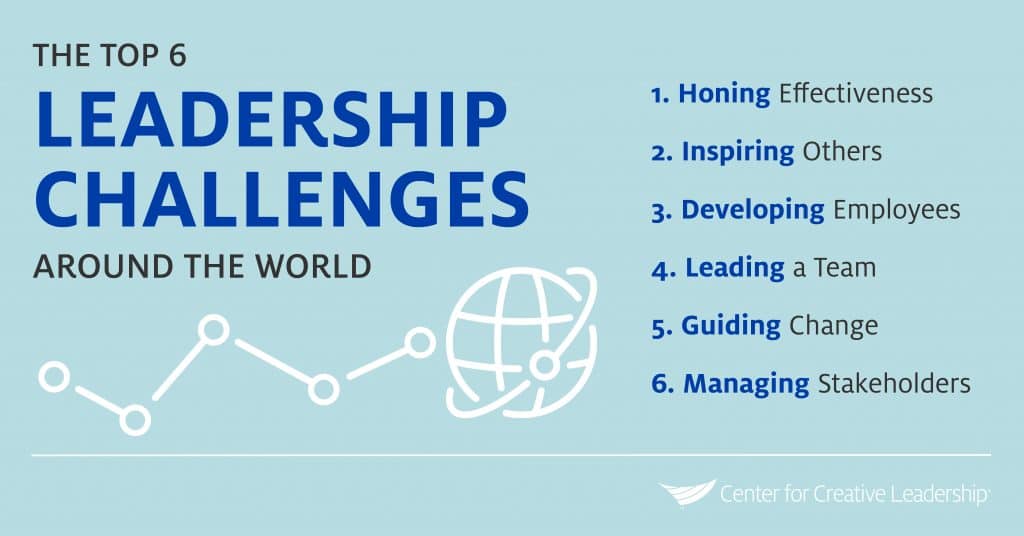
Organizations across the globe are grappling with a rapidly evolving landscape, forcing leaders and managers to confront unprecedented challenges. From navigating remote work dynamics to fostering inclusive cultures and adapting to technological disruption, the demands on leadership are constantly shifting.
This article explores the key challenges facing leaders and managers today, drawing on recent reports and expert opinions to provide insights into how organizations can adapt and thrive in this new era. Understanding these hurdles is crucial for businesses aiming to remain competitive, attract talent, and achieve sustainable growth.
The Rise of Remote and Hybrid Work
The shift to remote and hybrid work models, accelerated by the COVID-19 pandemic, presents a significant challenge for leaders. Managing distributed teams requires new strategies for communication, collaboration, and performance evaluation.
According to a recent study by Gallup, employees in hybrid or fully remote arrangements are more likely to feel disconnected from their company's mission and values if not managed effectively.
Leaders must prioritize building trust, fostering a sense of community, and ensuring equitable opportunities for all employees, regardless of their location.
Cultivating Diversity, Equity, and Inclusion (DE&I)
Creating a truly inclusive workplace remains a top priority for many organizations, yet significant challenges persist. Beyond simply ticking boxes, companies must actively dismantle systemic barriers and promote equitable opportunities for all.
McKinsey & Company research shows that diverse companies are more likely to outperform their less diverse peers financially. However, achieving genuine DE&I requires sustained commitment and a willingness to confront uncomfortable truths.
Leadership must be accountable for fostering a culture of belonging, where all employees feel valued, respected, and empowered to contribute their unique perspectives.
Adapting to Technological Disruption
The rapid pace of technological innovation is transforming industries and redefining the skills needed to succeed. Leaders must be proactive in embracing new technologies and equipping their teams with the necessary knowledge and tools.
Skills gaps are a major concern, with many organizations struggling to find employees with the expertise needed in areas such as artificial intelligence, data analytics, and cybersecurity. Continuous learning and development programs are essential to bridge this gap.
Leaders must also navigate the ethical considerations surrounding emerging technologies, ensuring that they are used responsibly and in a way that benefits both the organization and society.
Managing Employee Well-being
Employee well-being has become an increasingly critical focus for leaders, particularly in the wake of the pandemic. High levels of stress, burnout, and mental health challenges are impacting productivity and employee retention.
Organizations are implementing various initiatives to support employee well-being, including flexible work arrangements, mental health resources, and wellness programs. However, more needs to be done to address the root causes of stress and burnout.
Leaders must prioritize creating a supportive and empathetic work environment, where employees feel comfortable seeking help and prioritizing their own well-being.
The Need for Authentic Leadership
In today's complex and uncertain world, employees are seeking leaders who are authentic, transparent, and purpose-driven. They want to work for organizations that align with their values and make a positive impact on society.
Authentic leaders are self-aware, ethical, and committed to building strong relationships with their teams. They inspire trust and empower others to achieve their full potential.
Organizations that prioritize authentic leadership are more likely to attract and retain top talent, foster innovation, and build a strong reputation.
In conclusion, leadership and management face multifaceted challenges, requiring adaptability, empathy, and a commitment to continuous improvement. Organizations that prioritize employee well-being, embrace diversity and inclusion, and adapt to technological advancements will be best positioned for success in the future.
"The key to successful leadership today is influence, not authority." - Ken Blanchard, Author and Management Expert

